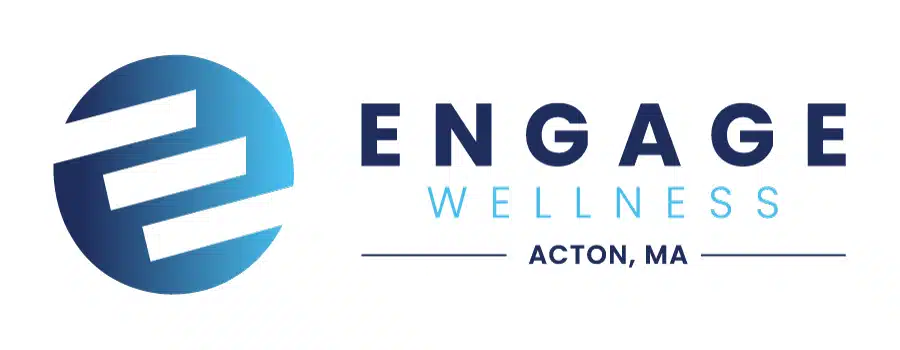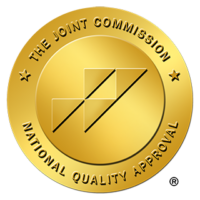Recovery Treatment Guide for The Bay State
Local Resources & Information to Start Your Recovery Journey




Help is Available For Those Struggling With Addiction
You’re not alone in your struggle with addiction in the Bay State. The state has long been a leader in healthcare innovation and addiction treatment, home to world-renowned medical facilities and treatment centers. The strong sense of community, combined with the state’s commitment to evidence-based treatment and recovery support, has helped countless individuals rebuild their lives.
Whether you’re in a bustling city or a quiet coastal town, our state offers the resources, professional expertise, and compassionate care needed to begin your recovery journey. Many people have found lasting recovery at our addiction treatment center in MA, drawing strength from the same resilient spirit that has defined New England for generations.
How Do You Know If You Need Professional Help?
Many discover their need for help when their relationship with substances begins shifting. The signs might include consuming more drugs or alcohol than planned, unsuccessful attempts to reduce use, or experiencing memory gaps. These substances may impact job duties, damage personal connections, or create money troubles. Even maintaining daily responsibilities doesn’t erase the concern when substances become necessary for normal functioning or managing daily stress.
Physical indicators signal dependence: morning shakes, needing larger amounts for the same effect, or withdrawal symptoms without the substance. Emotional red flags include shame about substance use, secretive behavior around drinking or drug use, or becoming angry when others express concern. Repeated failed attempts to quit independently suggest professional guidance could be valuable.
Getting Support
Beginning recovery feels daunting, but support exists. Start by opening up to a trusted friend, family member, or general practitioner. Though challenging, these discussions often provide relief and create paths to appropriate care. A doctor can complete an assessment and suggest treatment paths tailored to specific needs.
Seeking assistance demonstrates courage, not weakness. Whether connecting with a physician, addiction specialist, treatment facility, or confiding in someone close, this action shows dedication to healing. The expertise of professional treatment delivers essential structure and support for building sustainable recovery.
Types of Addiction Treatment
in the Bay State
Taking the first step toward addiction treatment is a courageous decision that opens the door to healing and renewed hope. The state offers comprehensive treatment options designed to support every stage of recovery, from intensive day programs to flexible outpatient care. Whether you’re seeking help for yourself or a loved one, understanding the available resources can help you make informed decisions about your recovery journey.
How to Choose the Right Drug
Rehab Center For Your Loved One
Selecting a rehabilitation center for someone you care about can feel overwhelming. While the state offers many treatment options, finding the right fit requires careful consideration of several factors:
Treatment approach
Levels of care available
Family involvement
Insurance and payment options
Aftercare planning
Discover Our Treatment Guides
Closest To Your Home
Continuing Recovery Care &
Sober Living Programs
Sober living programs offer more than just substance-free housing – they provide a vital community where recovery skills come to life. These homes blend structure with real-world freedom, allowing residents to work, attend school, and rebuild their lives while surrounded by peers who understand the journey.
Beyond traditional halfway houses, the state features innovative options like recovery-focused co-living spaces in urban areas, specialized homes for working professionals, and programs that combine sober living with intensive outpatient therapy. This modern approach to continuing care recognizes that recovery thrives when people have both support and the space to grow.
Emergency Services for
Addiction in the State
Immediate help is available 24/7 across the state when substance use reaches a crisis point. The state’s emergency response system combines rapid medical care with specialized addiction services, ensuring that no one faces a crisis alone. Understanding these services – and how to access them quickly – can be lifesaving knowledge for those struggling with substance use and their loved ones.
Community Resources for Mental Health & Addiction
Local Stats You Need to Know
The state saw an encouraging 10 percent drop in overdose deaths in 2023, marking the largest single-year reduction in more than a decade.[1] However, drug-related hospital visits and substance use deaths increased in Boston from 2017 to 2021.[2] Fentanyl has driven much of this impact, appearing in 92 percent of opioid-related deaths and 81 percent of all drug overdose deaths in the city by 2022. Deaths involving both fentanyl and cocaine rose 191 percent between 2012 and 2022 in the city. Cocaine appeared in more than half of all fentanyl-related overdose deaths in 2022, highlighting the growing risks of polysubstance use.
Local Stats You Need to Know
The state saw an encouraging 10 percent drop in overdose deaths in 2023, marking the largest single-year reduction in more than a decade.[1] However, drug-related hospital visits and substance use deaths increased in Boston from 2017 to 2021.[2] Fentanyl has driven much of this impact, appearing in 92 percent of opioid-related deaths and 81 percent of all drug overdose deaths in the city by 2022. Deaths involving both fentanyl and cocaine rose 191 percent between 2012 and 2022 in the city. Cocaine appeared in more than half of all fentanyl-related overdose deaths in 2022, highlighting the growing risks of polysubstance use.


How To Pay For Addiction Treatment
The state provides several paths for funding addiction treatment. Most private insurance plans must cover addiction treatment due to state parity laws, though benefits vary between in-network and out-of-network providers.
For those without insurance, state-funded programs and payment plans make treatment more accessible. Many facilities offer financial counseling to help verify benefits and explore payment options, while the state’s Bureau of Substance Addiction Services can connect people with additional funding resources.
Frequently Asked Questions About Attending Rehab in the Bay State
How long does typical addiction treatment last in the state?
Treatment length varies based on individual needs and circumstances. Most people begin with a more intensive level of care and gradually transition to less intensive treatment as they progress in recovery. The exact duration depends on factors like the severity of addiction, co-occurring conditions, and response to treatment.
Can I keep my job while attending rehab in the state?
Yes, depending on the level of care you choose. While inpatient treatment requires a leave of absence, many outpatient programs offer evening and weekend sessions to accommodate work schedules. Additionally, the Family and Medical Leave Act (FMLA) protects eligible employees’ jobs while they seek treatment, and many employers offer Employee Assistance Programs to support recovery.
What should I look for in a local treatment center?
Key factors include proper state licensing, Joint Commission accreditation, evidence-based treatment methods, and experience treating your specific type of addiction. Also, consider location, insurance acceptance, and whether they offer specialized programs like dual diagnosis treatment or gender-specific care. The best facilities will also have clear communication about their treatment philosophy and strong aftercare planning.




